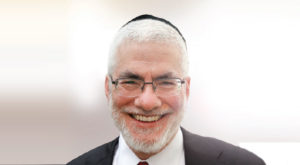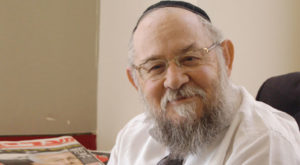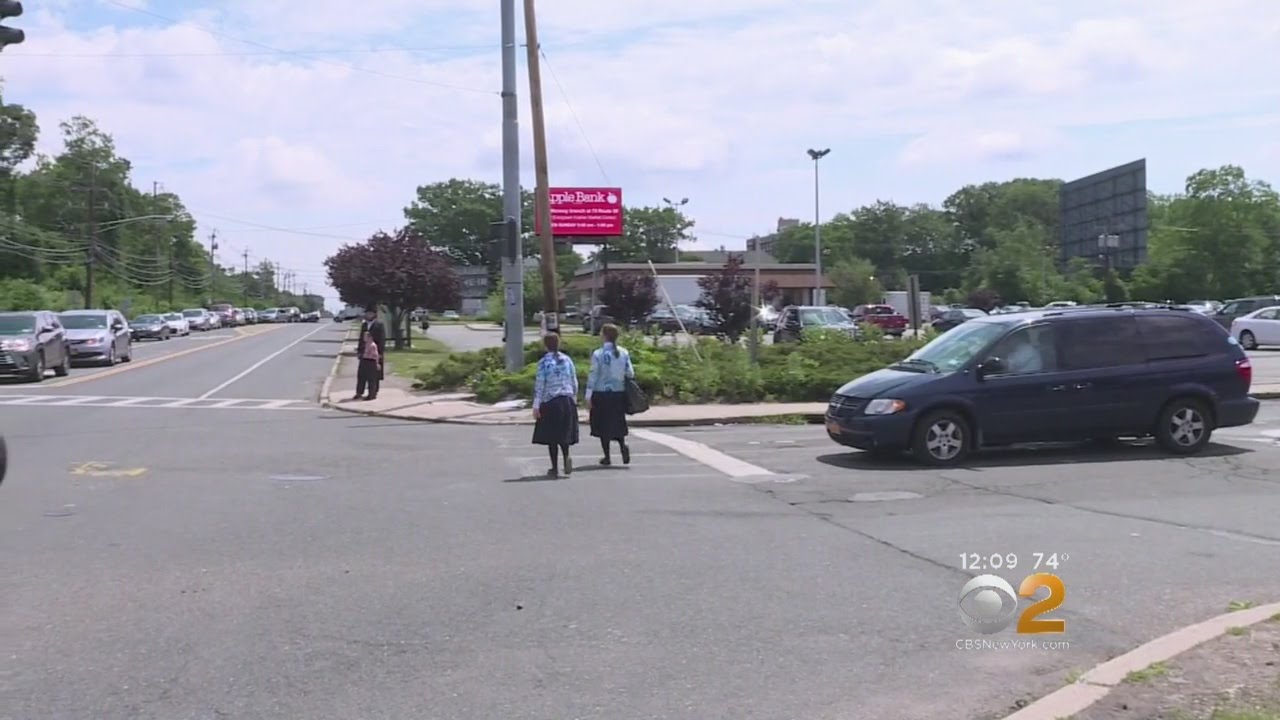Gun Control: Dead on Arrival

Each time we were outraged, each time nothing happened

F
our years ago a nine-year-old watched her mom die in a terrible tragedy.
She tried calling 911 repeatedly. It didn’t work. The reason: She was in a hotel. In order to get an outside line she had to dial 9 first and then 911. By the time the police came it was too late. Her mother had died.
I became familiar with this story last year when my colleague introduced Kari’s law, named after Kari Hunt, the mom who had died in a Texas hotel in 2014. The law requires all phones to dial 911 directly without a prefix. When I first heard of the law, I was curious: How often did this actually happen? “It’s not clear,” I was told. “But we do know of this one horrific incident. Had this law been in place, Kari Hunt might be alive today.”
What kind of impact will this law have? A pretty big one. Every single company, hotel and business that requires you to dial 9 for an outside line has to reprogram their phones. “If it saves one life, Councilman Greenfield, isn’t it worth it?” Fair enough. I voted for the bill, which became law.
President Trump seemed to be persuaded by the same logic. Just last week he signed the federal version of Kari’s law. Now every phone system in the country will have to be changed, at a cost of tens of millions of dollars. But “save one life, and you save the world.” So perhaps it is worth it, after all.
Every 16 days there is a mass shooting in the United States.
A mass shooting is defined as a shooting where four or more people are killed. Since 2010, 1,375 people were killed in mass shootings. The obvious question: Why hasn’t Congress passed laws to stop the tide of mass shootings?
The latest shooting, last Wednesday, hit particularly close to home for the Jewish community. Five of the 17 victims killed by a teenager toting an AR-15 assault-style rifle were Jewish. The Parkland, Florida high school had an exchange program with the Alexander Muss High School in Israel. Several of the victims were regulars at the local Chabad, according to Rabbi Shuey Biston, who officiated at the bat mitzvah of one of the victims.
Conventional wisdom is that the Second Amendment, which codifies the right of the American people to bear arms, is what prevents Congress from passing these laws. As a law professor, I can assure you that conventional wisdom is wrong. The most recent Supreme Court ruling guarantees citizens the right to own a handgun for self-defense. It’s clear that Americans don’t have a right to own machine guns any more than they have a right to own tanks or rocket launchers. So why hasn’t Congress enacted meaningful gun control? Perhaps it’s the politics.
As someone who spent much of the last 20 years working inside and outside of government, I can tell you that the political climate seems ripe for passing gun control laws. Sadly, tragedies like the death of Kari Hunt usually spur changes in the law, and for good reason. That kind of visible tragedy shines a light on the typical Washington inaction and creates a swell of public opinion demanding results.
Yet in the last two years we have seen crisis after crisis and nothing has happened. Fifty-eight people were killed in October of 2017 by a lone gunman in Las Vegas. Twenty-six people were killed by a lone gunman in Sutherland Spring, Texas. Forty-nine people were killed by a lone gunman in Orlando in June of 2016. Each time the media reported on these tragedies for days, each time the nation was outraged, each time nothing happened.
You might argue that America has a gun culture. After all, America has only 4.4% of all the world’s population, yet owns over 40% of all the world’s guns. But if you dig deeper you discover something interesting: Only one in four Americans actually owns a gun. In fact, 3% of Americans own a majority of all the country’s guns. So clearly, most Americans are not benefitting from the lack of gun control laws.
In fact, the four most effective solutions for stopping a mass shooting all have overwhelming public support:
Sixty-seven percent of Americans support banning assault weapons like those used in mass shootings; 62% of Americans support banning high-capacity magazines like those used in mass shootings; 88% of Americans support banning sales of guns to those deemed mentally unstable; 89% of Americans support universal gun checks for buyers.
Any one of these laws would have effectively prevented many mass shootings. For the ten years that just one of the laws was in effect — the assault-weapons ban — mass shootings went down 37%.
Ironically, it’s actually the First Amendment of the Constitution that prevents these common-sense laws from getting passed. After guaranteeing freedom of religion, speech, and assembly, the First Amendment guarantees the rights of people to lobby their government. It’s an imperfection of democracy that allows a minority of people who are very passionate to upend the will of the majority of its citizens.
Here’s how it works: The National Rifle Association has 5 million members, although 98% of Americans are not members. However, multiply those 5 million people by $40 annual dues and you get a total of $200 million. That’s how much money the NRA can afford to spend each year on the political process. That means ads, rallies, political contributions, and high-paid lobbyists all aimed at one thing: stopping the passage of any gun control laws.
When we see the news of the latest shooting, we are upset and even outraged, but by the time an election rolls around we usually forget what we were so mad about. Those 5 million Americans, on the other hand, not only vote primarily based on the issue of guns but they put their money where their mouth is. As NRA President Charlton Heston famously said, “You can pry these guns from my cold dead hands.”
Until the 98% of Americans get as outraged about the prevalence of guns as the 2% of Americans are about the possibility of taking away their weapons, we will continue to see mass shootings in the United States.
Originally featured in Mishpacha, Issue 699. David G. Greenfield is a lawyer, adjunct law professor, and senior member of the New York City Council. For the past 15 years he has worked at the highest levels of city, state, and federal government. In this column, he explores timely issues from the vantage point of “the Insider.”
Oops! We could not locate your form.








